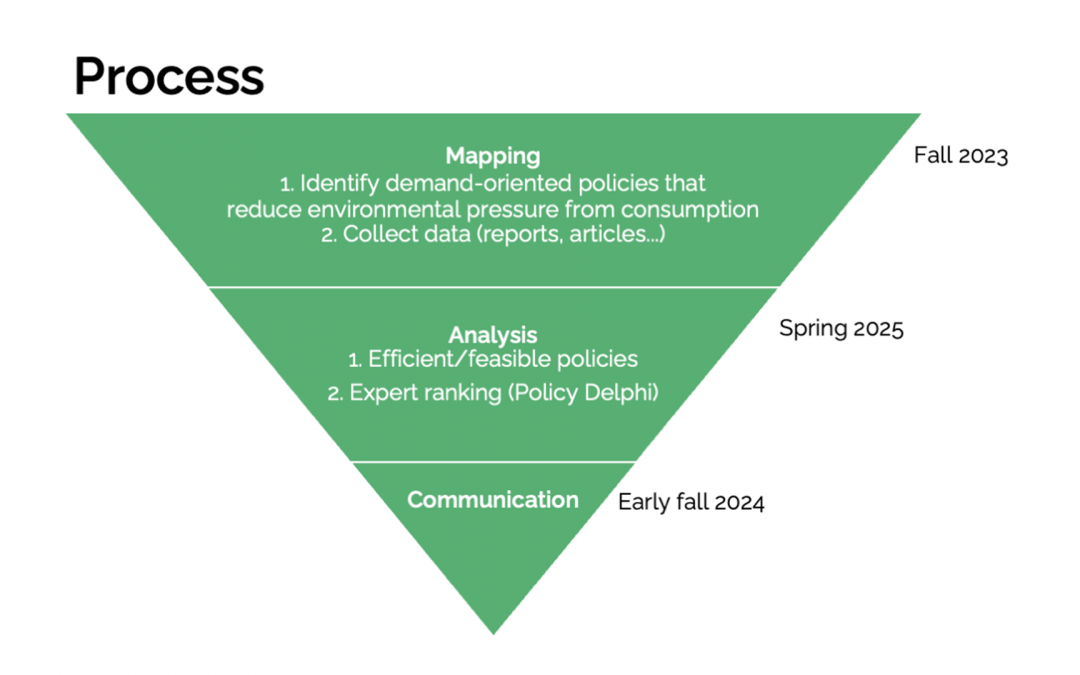The transformation of the Nordic countries’ economies in a sustainable direction is beginning to gain momentum. In all the Nordic countries, new companies are emerging and established industries are reorganizing their production in order to limit the impact on the surrounding environment.
At the same time, a large part of the Nordic countries’ environmental impact is caused by our consumption, both from domestic goods and services, and from imports, where production often takes place in countries with weak environmental governance.
The aim of this project is to map policy measures aimed at climate-impacting and other air emissions from consumption in Iceland, Norway, Finland, Denmark and Sweden. Moreover, the policy instruments will be analyzed for effectiveness, feasibility and distributional effects. The main target group is decision-makers and experts in politics and governmental agencies. We also want to reach a wider, interested public. The results are compiled in a final report and in op-ed articles and presented in a webinar. This is in line with the objectives of the research program Mistra Sustainable Consumption: to stimulate more sustainable consumption – “from niche to mainstream”.
The researchers in the project have solid experience with policy instruments aimed specifically at consumption. Together they cover all Nordic countries: .
The project group
- Jörgen Larsson, associate professor Chalmers, Mistra SC
- Emma Ejelöv, post doc. Chalmers, Mistra SC
- Göran Finnveden, professor, KTH, Mistra SC, head of project
- Karin Bradley, professor, supervisor, KTH, Mistra SC
- Eskil Engström, PhD candidate KTH, Mistra SC
- Jonatan Järbel, science journalist, KTH, Mistra SC
- Markus Larsson, post doc. KTH, Mistra SC
- Jukka Heinonen, professor University Iceland, covers Iceland and Finland
- John Thøgersen, professor Aarhus University, covers Denmark
- Merethe Dotterud Leiren, CICERO – Center for International Climate Research, Oslo, covers Norway
In the words of the Nordic Council of Ministers: “Nordic consumption has a huge environmental and climate footprint in other parts of the world. The Nordic Council of Ministers is working to turn this around and make the Nordic Region the most sustainable region in the world”. This project is part of that work!
